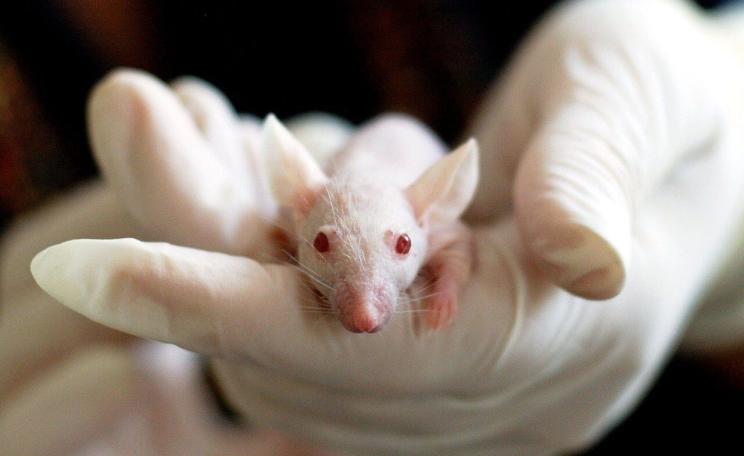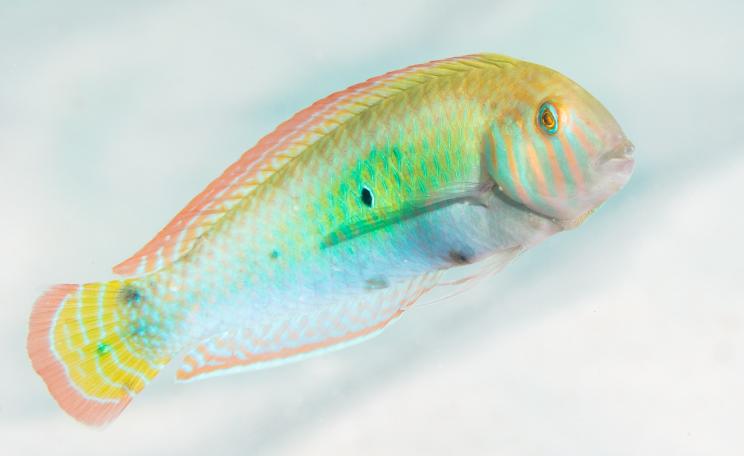Experiments on animals translate poorly into effective treatments and cures for humans.
Public opinion is powerful in the world of politics: voters expect leaders to act on the issues important to the electorate.
A massive 77 per cent of respondents told a 2023 YouGov poll that they supported a government-led strategy for phasing out the use of animals in research and testing. It’s clear that parliamentary representatives must address these concerns if they’re to meet voter demands.
In its manifesto, Keir Starmer’s Labour government commits to “partner with scientists, industry, and civil society as [they] work towards the phasing out of animal testing”. This promise is encouraging, but the government must be held to it.
Treatments
In 2023, almost 2.7 million animals were used in experiments in British laboratories, where experimenters bled, poisoned, starved, or isolated them, subjected them to psychological suffering and physical pain, and kept them in miserable conditions.
They inflicted brain injuries on mice and decapitated them, broke rabbits’ bones, and left piglets to starve. And because not all animals met the experimenters’ needs, millions of them were bred and discarded as “surplus”.
So far, leader after leader has done little to implement Innovate UK’s 2015 vision for non-animal technologies to be used as standard in the UK by 2030.
Our continued reliance on animal-based methods is a significant obstacle to our becoming a world leader in this sector. Already, we lag behind the EU, Germany, the Netherlands, and the US, which have committed to approve plans to transition away from using animals in various experiments.
What experimenters do to animals is abhorrent. Not only is it cruel, it’s also bad science, with numerous studies and reviews confirming that experiments on animals translate poorly into effective treatments and cures for humans.
Archaic
Continuing to use animals diverts resources away from more promising research methods, delaying potentially life-saving treatments.
Strokes, for example, affect more than 100,000 people in the UK every year, costing around £26 billion. Despite this, out of over 1,000 compounds reported to have been tested on rodents in stroke studies – many of which reduced brain damage in the animals – none that reached clinical trials improved stroke outcomes in humans.
Scientific advancements in recent decades have made the call to end experiments on animals more viable than ever.
Technologies like organ-on-a-chip, human tissue cultures, and sophisticated computer models and machine learning now offer methods that are not only more humane but also often more accurate and cost-effective, allowing products to reach the market faster than cumbersome, archaic tests on animals.
Safety
Numerous reports have highlighted the economic benefits of investing in these advanced, humane technologies.
Experiments on animals translate poorly into effective treatments and cures for humans.
For example, in 2015 Innovate UK identified non-animal technologies “as one of a series of emerging technologies with the potential to drive future UK economic growth” and attract international investment.
However, without a clear and actionable plan, the UK is no closer to realising these opportunities. The time for change is now, as millions of animals, patients, and the future of UK science depends on a strategic plan to advance the much-needed paradigm shift in research and testing.
Manifestos like that of the Labour government prove that political leaders recognise how vital animal-free science is for animal welfare, public health and safety, scientific advancement, and the economy.
Compassionate
But it’s not nearly enough to promise a plan: leaders must take action.
We urgently need a roadmap – with an ambitious timeframe, clear milestones, and achievable goals – to accelerate the phasing out of all experiments on animals in the UK, including those used for non-regulatory purposes, such as the curiosity-driven experiments conducted across universities, many of which are funded by the tax-payer.
PETA’s scientists have a plan for how this can be achieved: the Research Modernisation Deal provides policy makers with a detailed strategy that can be used for developing a government-led roadmap for modernising research and ending experiments on animals. PETA is working with MPs to advance the implementation of this plan.
Voters have made their voices heard, and it’s time for our leaders to take decisive action. By setting a clear path forward, the UK can lead the way in both ethical research and scientific innovation, reflecting its values as a compassionate and forward-thinking nation.
This Author
Dr Kimberley Jayne is science policy advisor for People for the Ethical Treatment of Animals (PETA) and engages with policy- and decision-makers on implementing animal-free methods in UK science.




